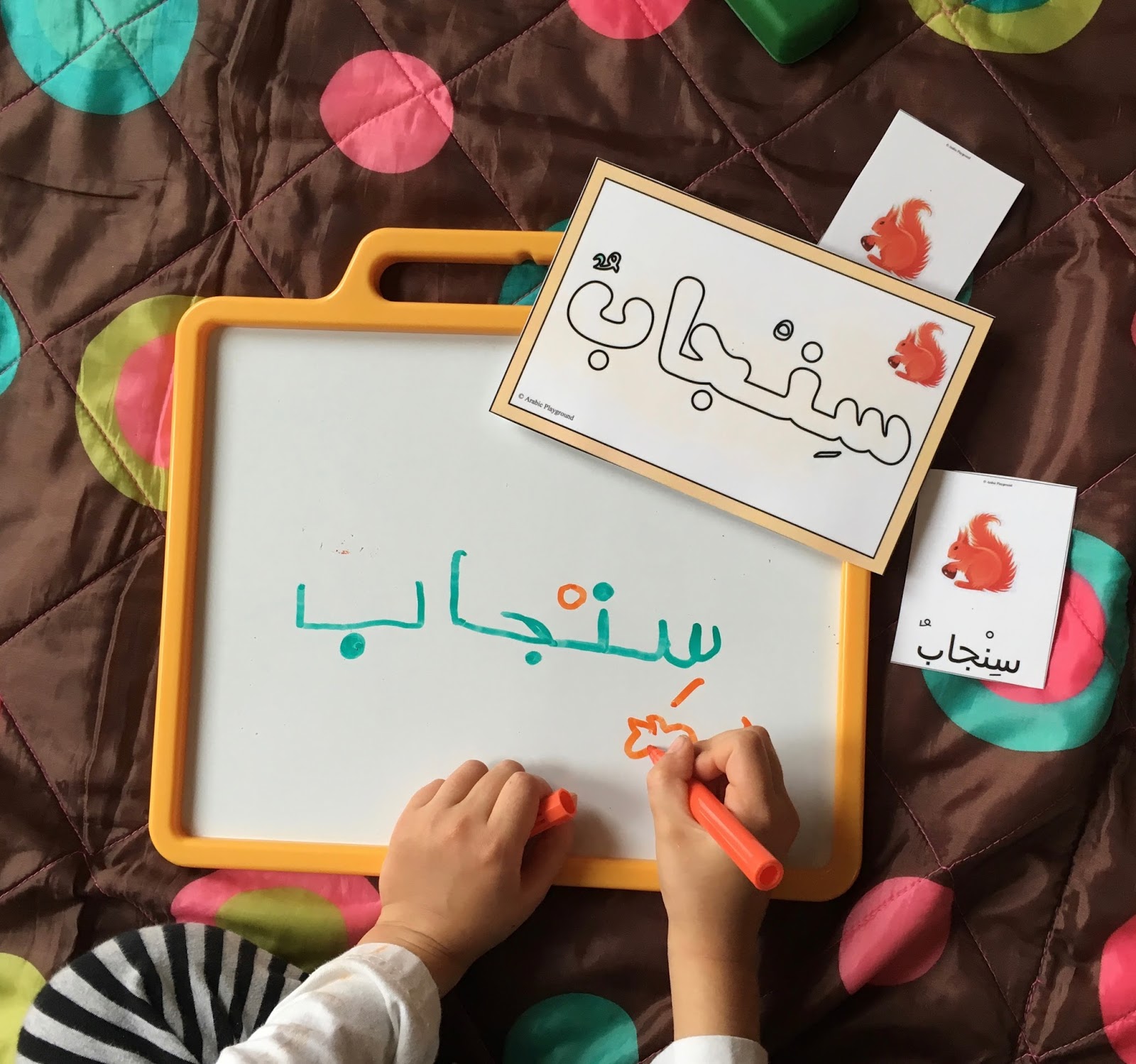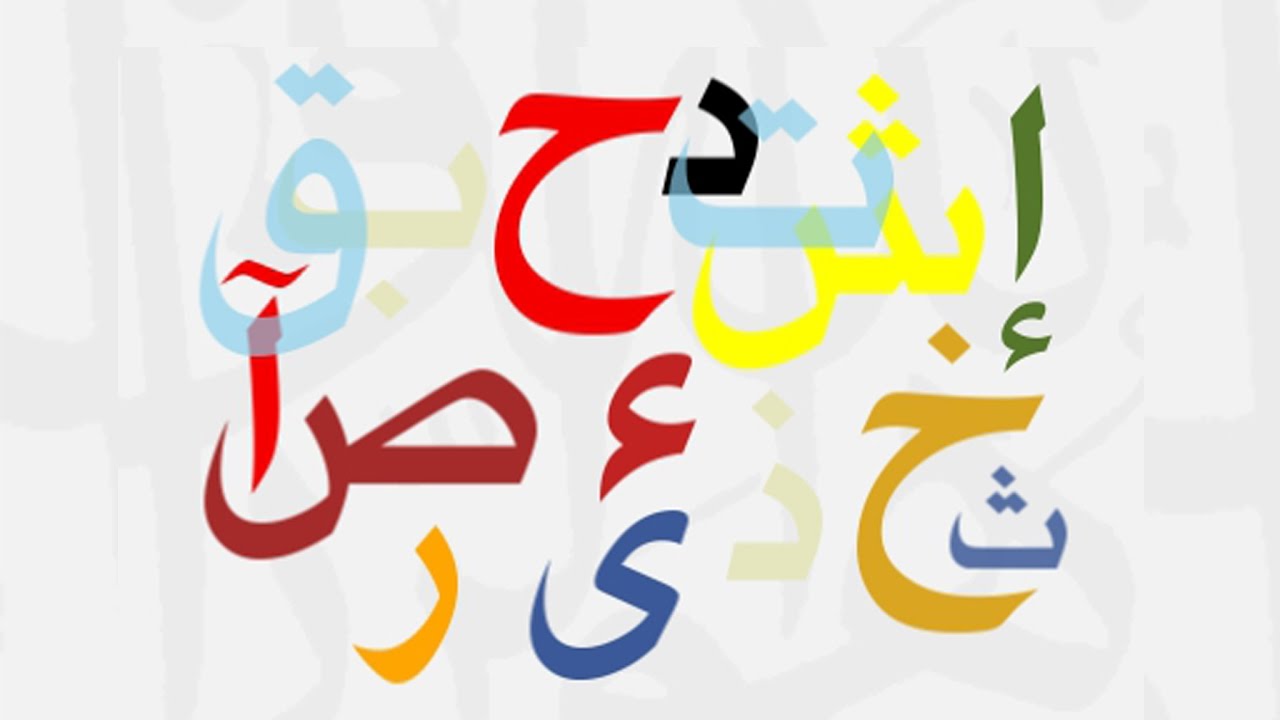Learning a new language is always exciting, especially for children. Arabic Language Kids Course With its unique script and rich cultural history, the Arabic language can be an excellent choice for kids to learn. This article will explore the benefits of learning Arabic and how parents can introduce their children to the language, in this article we will talk about Arabic Language Kids Course in Arabian tongue.
Why Learn Arabic?

Arabic is one of the most widely spoken languages in the world, with over 420 million native speakers. It is also the liturgical language of Islam and an official language of the United Nations. Learning Arabic can open up new opportunities for kids and help them to understand and appreciate different cultures. Additionally, learning a new language has cognitive benefits, such as improving memory and problem-solving skills.
Benefits of Learning Arabic for Kids in arabian tongue
There are many benefits to learning Arabic, especially for children, Here are some of the most significant ones:
- Cultural Awareness: Learning Arabic classes online can help children understand and appreciate Arab culture, including art, music, and literature.
- Communication: Arabic is spoken in many countries, including Saudi Arabia, Egypt, and Iraq. Knowing Arabic can help children communicate with people from these regions.
- Career Opportunities: Knowing Arabic can open up many international business, politics, and education job opportunities.
- Cognitive Development: Learning a new language has mental benefits, such as improving memorization, problem-solving skills, and attention span.
- Understanding Islam: Arabic is the language of the Quran, the holy book of Islam. Knowing Arabic can help children understand Islam and its practices.
Enroll Now: Free Online Quran Hifz Classes
How to Introduce Your Child to Arabic
There are many ways parents can introduce their children to the Arabic language. Here are some of the most effective ones:
Books and Literature
Books and literature are among the best ways to introduce kids to Arabic. Many books are available for children that teach basic Arabic vocabulary and grammar courses online for beginners. Parents can also read Arabic stories to their children or watch Arabic cartoons with them.
Language Classes
Language classes are an excellent way for children to learn Arabic in Arabian tongue, Many community centres and mosques offer Arabic classes for children. These classes can be a perfect way for kids to interact with other Arabic-speaking children and learn from a qualified teacher.
Online Resources
There are many online resources available for children to learn Arabic. Websites like Arabic for Kids and Learn Arabic with Maha provide free resources for children, including videos, games, and worksheets.
Arabic Games and Activities
Another way to make learning Arabic fun and engaging is through games and activities. Parents can play Arabic games with their children, such as memory matching or word searches. They can also do Arabic crafts, such as making Arabic calligraphy or lanterns.
Learning Arabic at Different Ages

The best time to start learning a new language is when children are young. Here are some tips for teaching Arabic at different ages:
Learning Arabic as a Toddler
Toddlers are like sponges, soaking up information from their environment. Parents can expose their toddlers to Arabic by playing Arabic music, showing them Arabic letters and numbers, and reading Arabic stories to them. Toddlers may not learn the language fluently at this age, but exposure to Arabic can help build a foundation for future learning.
Learning Arabic as a Preschooler
Preschoolers can start to learn basic Arabic vocabulary and grammar. Parents can enrol their children in Arabic classes or use online resources and books to teach them. They can also play Arabic games and do crafts to make learning fun and engaging.
Learning Arabic as a School-aged Child
School-aged children can learn Arabic more formally through classes and structured learning. They can also benefit from online resources and books and practise Arabic with native speakers. Parents can also encourage their children to use Arabic in daily conversation and activities.
learn now: learn Online Quran Memorization Course
Tips for Making Learning Arabic Fun and Engaging
Learning a new language can be challenging, but there are many ways to make it fun and engaging for children. Here are some tips:
- Use games and activities to make learning fun
- Read Arabic stories or watch Arabic cartoons together
- Encourage children to speak Arabic in daily conversation
- Use real-life situations to teach Arabic vocabulary and grammar in Arabian tongue
- Reward children for their progress and achievements
Challenges Faced When Learning Arabic
Learning Arabic can be challenging, especially for non-native speakers. One of the biggest challenges is understanding the Arabic script, written from right to left. Arabic also has a complex grammar system and many different dialects. However, with dedication and practice, children can overcome these challenges and become proficient in Arabic.
FAQs:
At what age should children start learning Arabic?
Children can start learning Arabic as toddlers, but formal learning can begin in preschool or school age.
What are the benefits of learning Arabic for children?
Learning Arabic can help children understand and appreciate different cultures, improve cognitive development, and open job opportunities.
Is Arabic a complex language to learn?
Arabic can be challenging, especially the script and grammar system, but children can become proficient in the language with practice and dedication.
What are some resources for teaching children Arabic?
Many resources are available, including books, classes, online resources, games, and activities.
Can non-Arabic speaking parents teach their children Arabic?
Yes, non-Arabic parents can teach their children Arabic through various resources and by practising the language.
Conclusion
Arabic Language Kids Course is an excellent choice for children, as it opens up new opportunities and helps them understand and appreciate different cultures. Parents can introduce their children to Arabic through books, classes, online resources, games, and activities. Learning Arabic can be challenging, but with patience and practice, children can become fluent and reap the benefits of bilingualism.
